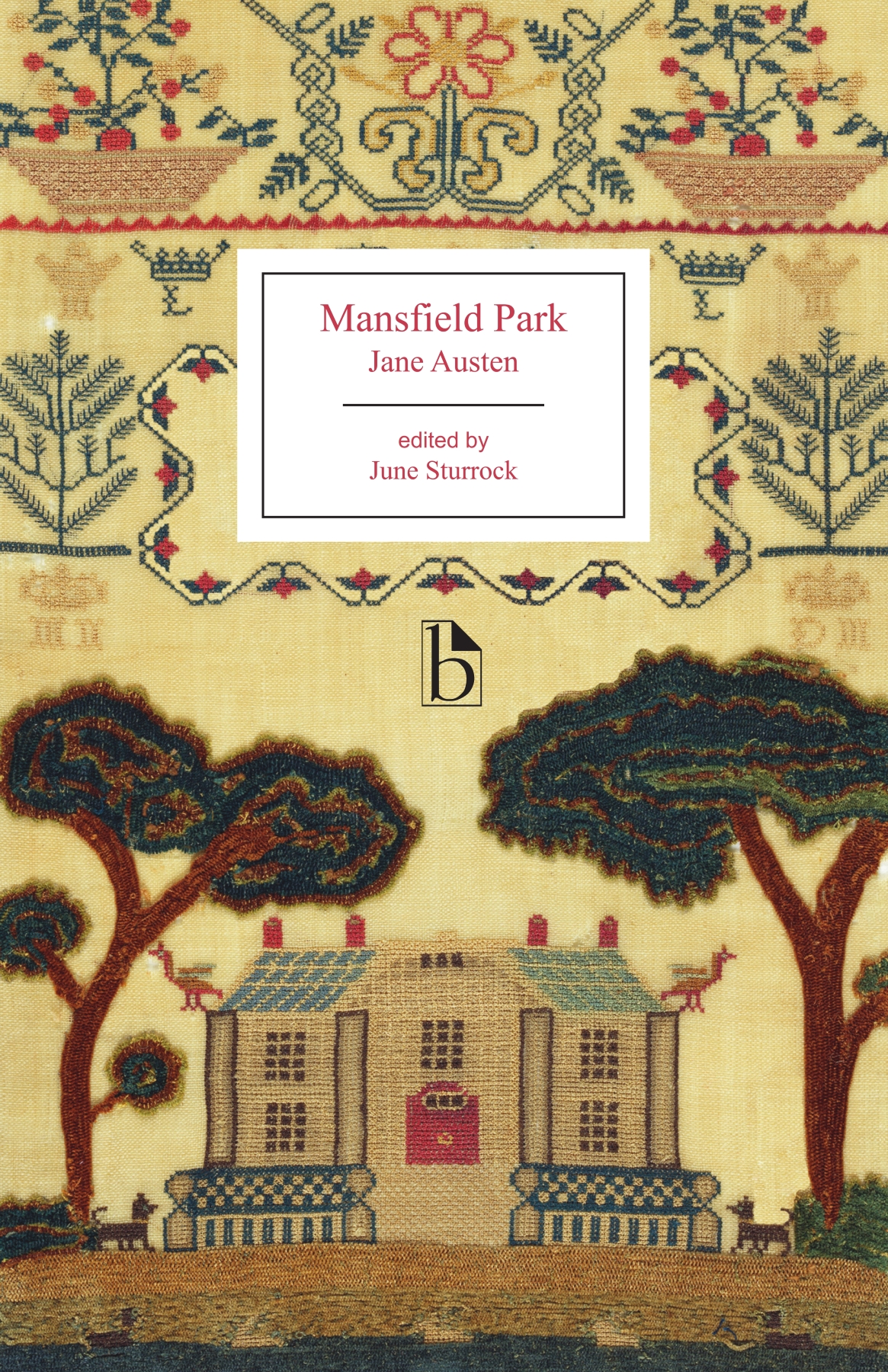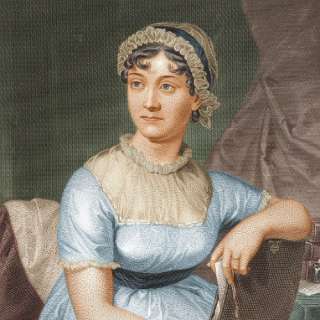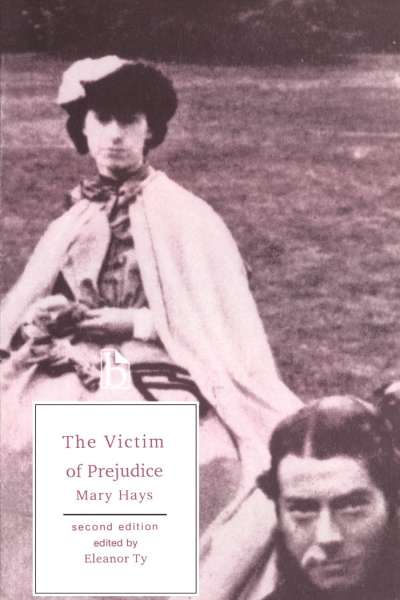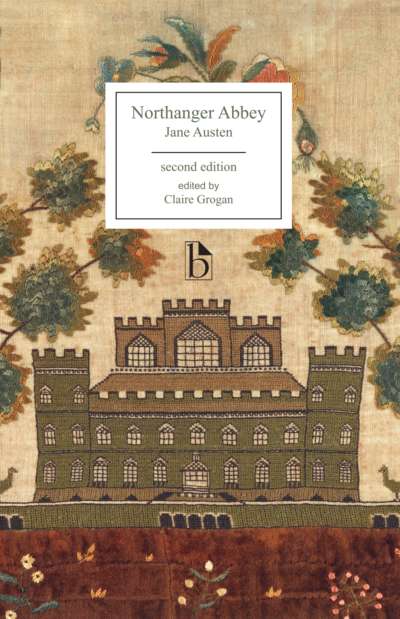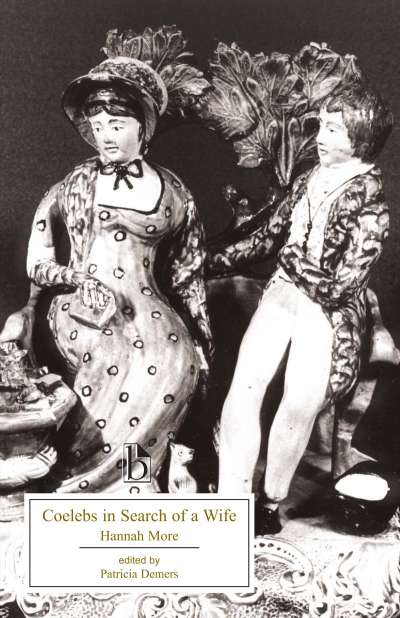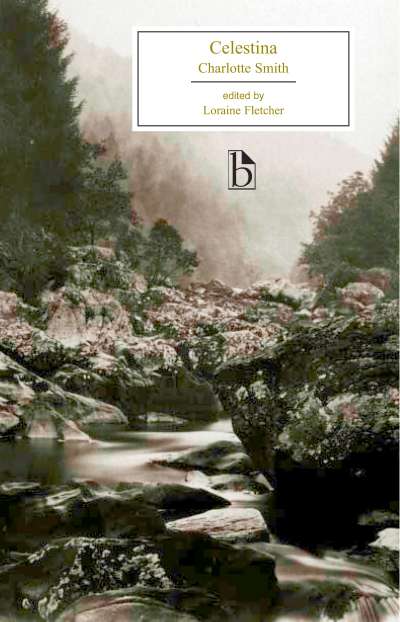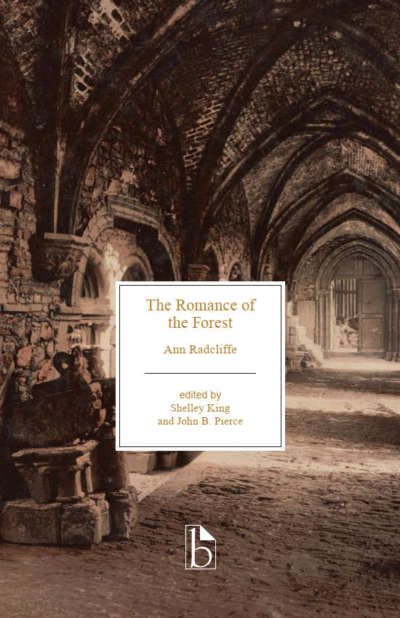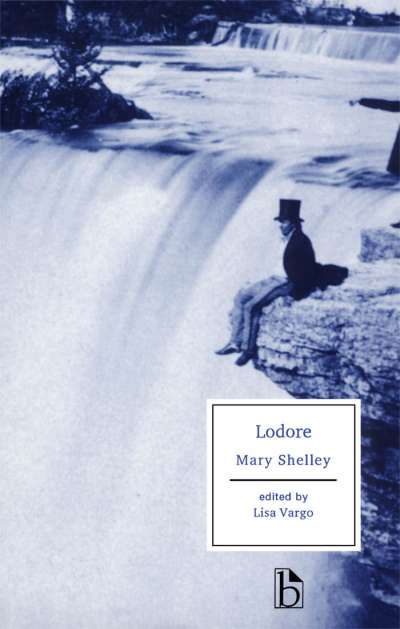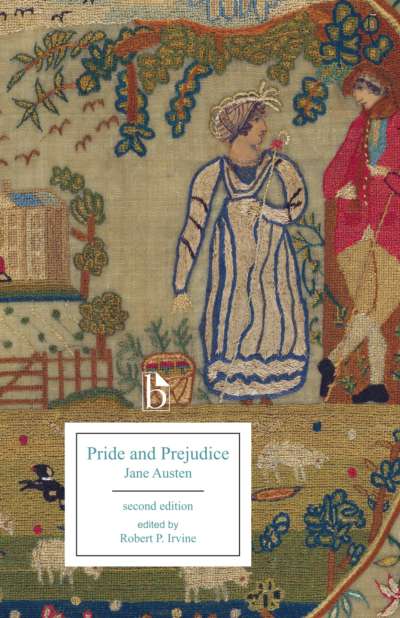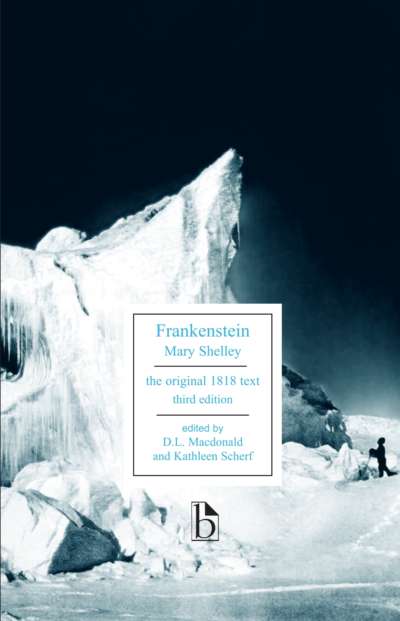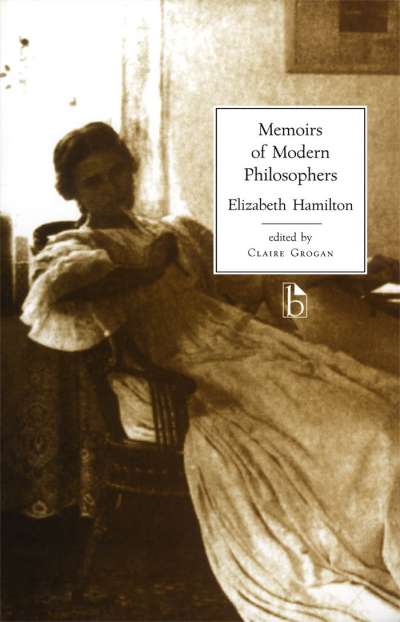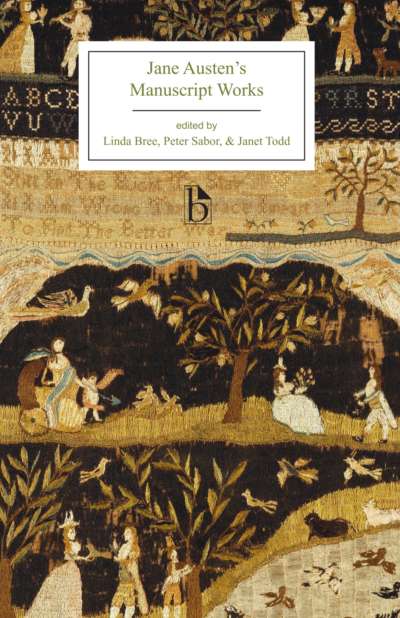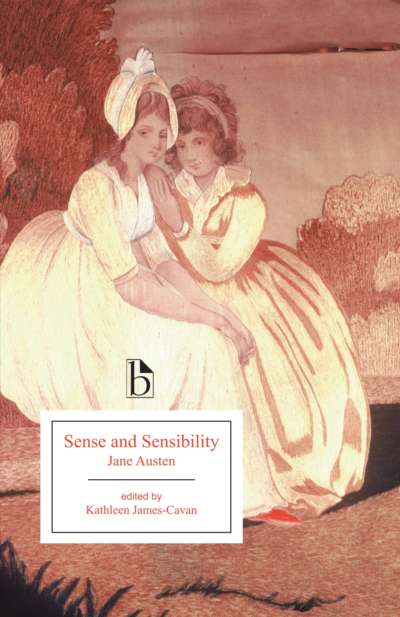
Mansfield Park is Jane Austen’s darkest, and most complex novel. In contrast to the confident and vivacious heroines of Emma and Pride and Prejudice, its central character, Fanny Price, is a shy and vulnerable poor relation who finds the courage to stand up for her principles and desires. Fanny comes to live at Mansfield Park, the home of the wealthy Bertram family, and of Fanny’s aunt, Lady Bertram. Though the family impresses upon Fanny her inferior status, she finds a friend in Edmund, the younger brother.
Mansfield Park explores important issues such as slavery (the source of the Bertrams’ wealth), the oppressive nature of idealized femininity, and women’s education. This edition sheds light on these and other issues through its insightful introduction and wide-ranging appendices of contemporary documents.
Please note: though the cover of the Broadview edition of Mansfield Park is updated, the interior remains unchanged.
Comments
“Unlike Jane Austen’s earlier novels, Mansfield Park is embedded within a specific historical moment, and the Introduction to this Broadview edition splendidly brings out the novel’s engagement with a range of contemporary controversies, from female education to the slave trade and the proper use of wealth. The appendices, too, offer readers a generous range of material, expertly selected and introduced. They extend our insight into what Sturrock shows is Austen’s most discomforting—as well as engrossing—text.” — John Wiltshire, LaTrobe University, Australia
“An excellent edition. Sturrock’s introduction provides a nuanced view of Mansfield Park as well as judicious treatment of the critical debates the novel has prompted in recent years. Her annotations are genuinely helpful, and the appendices thought-provoking. With a sharp eye for the most relevant passages, Sturrock has assembled late eighteenth- and early nineteenth-century writings on issues such as slavery, female education, and private theatricals. These writings create fascinating vantage points from which to view Austen’s novel, and they make clear how profound a response it was to contemporary cultural concerns.” — Deborah Kaplan, George Mason University
Acknowledgements
Introduction
Jane Austen: A Brief Chronology
A Note on the Text
Mansfield Park
Appendix A: The Theatricals at Mansfield Park
- August von Kotzebue, from Lovers’ Vows
- Austen family correspondence, from The Austen Papers
- Erasmus Darwin, from A Plan for the Conduct of Female Education in Boarding Schools
- Thomas Gisborne, from “On Amusements in General”
Appendix B: Religion
- Jane Austen’s prayers, from The Works of Jane Austen
- Hannah More, Strictures on the Modern System of Female Education
- William Wilberforce, from A Practical View of the Prevailing Religious System of Professed Christians
- Dr. John Gregory, from “Religion”
Appendix C: Ideals of Femininity
- Henry Austen, from “Biographical Notice” of Jane Austen
- Thomas Gisborne, from “On the Importance of the Female Character”
- Dr. John Gregory, from “Conduct and Behaviour”
- Hannah More, from “The Benefits of Restraint”
Appendix D: “The Improvement of the Estate”
- William Cowper, from The Garden
- Humphry Repton, from Observations on the Theory and Practice of Landscape Gardening
Appendix E: The West Indian Connection
- A Permanent and Effectual Remedy Suggested for the Evils Under Which the British West Indies Now Labour
- Joseph Lowe, from An Inquiry into the State of the British West Indies
- Excerpt from Frank Austen’s notebook 1808, from Jane Austen’s Sailor Brothers
- Thomas Clarkson, from The History of the Rise, Progress, and Accomplishment of the Abolition of the African
Slave-Trade
- Hannah More, “The Sorrows of Yamba or the Negro Woman’s Lamentation”
Appendix F: Women’s Education
- Thomas Gisborne, from “On Female Education”
- Thomas Gisborne, from “On Parental Duties”
- Hannah More, from “Comparison of the Mode of Female Education in the Last Age With That of the Present Age”
- Maria Edgeworth and Richard Lovell Edgeworth, from “Prudence and Economy”
- Mary Wollstonecraft, from “Introduction” to A Vindication of the Rights of Woman
Appendix G: Contemporary Reception of Mansfield Park
- Richard Whateley, from Quarterly Review, January 1821
- Excerpt from “Opinions of Mansfield Park: collected and transcribed by Jane Austen”
- Excerpt from “Opinions of Emma: collected and transcribed by Jane Austen”
Appendix H: Jane Austen’s Letters and Mansfield Park
- Letter from JA to Cassandra Austen. January 1813
- Letter from JA to Francis Austen. July 1813
- Letter from JA to Francis Austen. September 1813
Works Cited and Recommended Reading
June Sturrock is an Emeritus Professor of English at Simon Fraser University. She has written widely on nineteenth-century literature, and is the author of ‘Heaven and Home’: Charlotte M. Yonge’s Domestic Fiction and the Victorian Debate Over Women.
Broadview is pleased to offer discounted prices on book packages. You may combine any 3 Austen editions for $30, 4 for $40, 5 for $50, 6 for $60, or 7 for $70.
Instructors should contact their Broadview Representative or customerservice@broadviewpress.com (705-743-8990) for information about packages. We will provide you with a package quote and a unique ISBN that you may use to place an order for the custom package through your bookstore.


